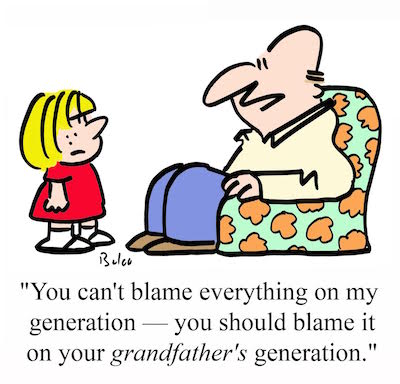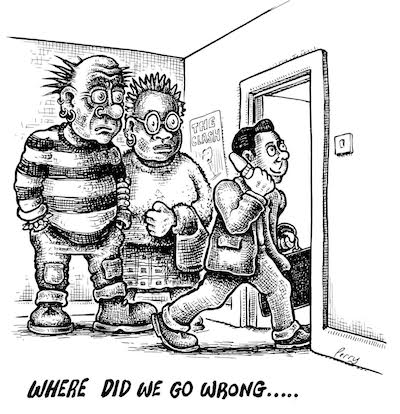Family Therapy for Anxiety
Is anxiety something you or a member of your family is struggling with?
Is your child, pre-teen or teen anxious a lot? Or perhaps you are aware of your own or your spouse’s anxiety, and you can see it impacting your children. Perhaps your own parents struggled with anxiety or depression, and you struggle to keep it from impacting your children the way it may have impacted you. Perhaps one of your family members has been been diagnosed with ADD, dyslexia, anxiety, depression, bipolar, or drug addiction? Or maybe you just suspect one of these diagnoses may fit.
Perhaps you’re like many people and you worry about how to help or how to make the situation as positive as possible. Maybe you and your spouse are in agreement about what to do. Perhaps it’s an area of conflict and tension. Maybe your spouse leaves it all up to you to decide, leaving you feeling like you’re facing the issues alone. Has it created bitter conflict between you or has it caused what feels like could be a serious break in your connection with each other?
Anxiety is a family affair.
When one of our family members struggles with ADD, anxiety, depression, bipolar, or drug addiction we all struggle. Most parents blame themselves and think they must have done something wrong. And if they’re not blaming themselves, perhaps they secretly or not-so-secretly blame their spouses…or their mother-in-law…or your own “bad” genes.

Whatever your particular reaction, it can be helpful to step back and pause and consider that anxiety is a family affair. It is a time of great stress on the unit as a whole and an important time to think and feel and reflect…and maybe laugh a little if you can.
Stepping back and considering the larger patterns at work is counter intuitive and flies in the face of the urge-to-act-now, but it is one of the more powerful things you can do to change the future course of your family. In fact, family therapists understand that when just one family member can step back and reflect on the automatic chain reactions happening at home, and then slightly alter their own, the family can improve its functioning for the long haul. Family counseling, marriage counseling, and parenting counseling when one or more of you is struggling is a powerful tool to help this change process along.
Anxiety is not destiny. Family therapy for anxiety can help.
Whatever the diagnosis, whatever your struggle with anxiety, family is medicine. There have been long held beliefs and misconceptions on both sides (both therapists and families) that family therapy is about blaming the parents. The field is finally starting to turn around to something that many of us have known for a long time: families are our greatest resource. Family therapy is a way to explore this idea and to find a way of interacting within our families that is most productive and helpful.
Family therapy can include marriage counseling, parenting counseling, or even therapy with every member present. Family therapy can also include extended family where appropriate. One of the most powerful aspects of family therapy is that it works to remove the stigma and blame that goes with what family therapists understand to be normal, emotional, family processes. The best outcomes both for the kids and for the marriage occur when parents can see themselves, grandparents, and other extended family as their greatest resource rather than as someone or something to blame. One of the best things about family therapy is also developing the ability to laugh at oneself and the predicaments we all find ourselves in at one time or another.
I think I’m ready to start therapy, but I have a few questions.
I’m not sure my spouse will come. Any tips on how to approach the subject?
If your spouse isn’t interested in therapy, it’s pretty important not to demand they come. But don’t assume they don’t want to come. If you haven’t already asked them if they are interested, consider giving it a try. It’s a good idea, when broaching the subject, to come from an “I” position. This basically means that you tell them what you are thinking and planning and that you want them to come along. It’s an invitation. We can talk directly if this is more problematic for you and your relationship.
Therapy is most productive when the people who are there want to be there. I know it may be hard to believe, but it only takes one motivated member of a family to get the ball of change rolling. Which doesn’t mean you carry the load for the whole family, by the way. Sometimes going to therapy means letting-go-of-too- much-of-a-load.
My husband and I fight bitterly about what to do about our son. How will you keep us from fighting all through our sessions?
It’s not something I can guarantee, but the vast majority of sessions I conduct are not high conflict. I have many ways of guiding couples to stay on a more productive path with themselves and with each other during sessions. I don’t want you to fight through sessions any more than you do, and I’ll work hard to help you avoid this. If it becomes clear therapy isn’t productive with you together, then we can consider if individual therapy with one or both of you would be more effective.
Our daughter is in therapy. Will you work with that therapist so that we’re all on the same page?
Yes. At the core of my approach is the idea that we are a highly inter-connected species, and therapy is most beneficial when the entire family is considered including your child (and his or her therapist), his or her siblings, your parents, grandparents, or any other important family members. Whether they attend sessions isn’t as important as understanding how they think and feel and react to the situation and how this may impact you or your kids or your marriage.
OR
Subscribe To My Blog
Office Hours
Wednesday through Friday 8AM to 5PM
Office Location
2627 Redwing Road, Ste 325
Fort Collins, CO 80526


